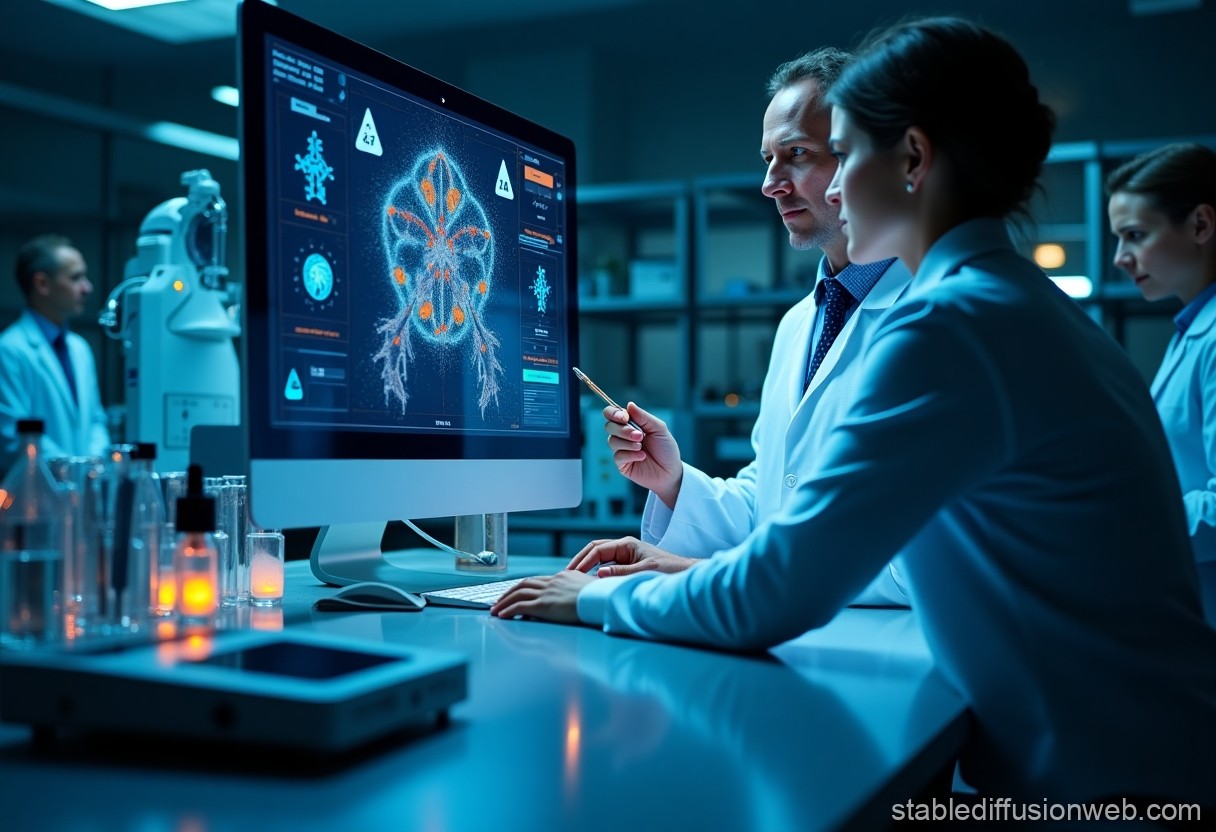OpenAI has partnered with longevity science startup Retro Biosciences to advance groundbreaking research aimed at extending human lifespans by a decade. According to MIT Technology Review, OpenAI has trained a specialized AI model named GPT-4b Micro to support this ambitious project.
Retro Biosciences, which receives backing from OpenAI CEO Sam Altman, has been working with OpenAI on this research initiative for approximately a year. The collaboration focuses on re-engineering proteins, particularly the Yamanaka factors—proteins known for their ability to convert human skin cells into youthful stem cells. This approach could pave the way for growing human organs and creating abundant supplies of replacement cells, representing a significant leap in regenerative medicine.
Unlike Google’s AlphaFold, which predicts protein structures and earned a Nobel Prize for its innovative contributions to biology, GPT-4b Micro is purpose-built for manipulating proteins. The model’s capacity to re-engineer Yamanaka factors underscores OpenAI’s entry into custom biological research, setting it apart from existing AI-driven protein analysis tools.
OpenAI and Retro Biosciences plan to release research detailing the model’s design and outcomes, potentially opening new avenues for collaboration and discovery in the field of longevity science.
This partnership signals OpenAI’s growing interest in applying artificial intelligence beyond traditional domains, with a focus on solving complex biological challenges. By merging AI innovation with regenerative medicine, OpenAI and Retro Biosciences aim to redefine the possibilities of human health and lifespan.


